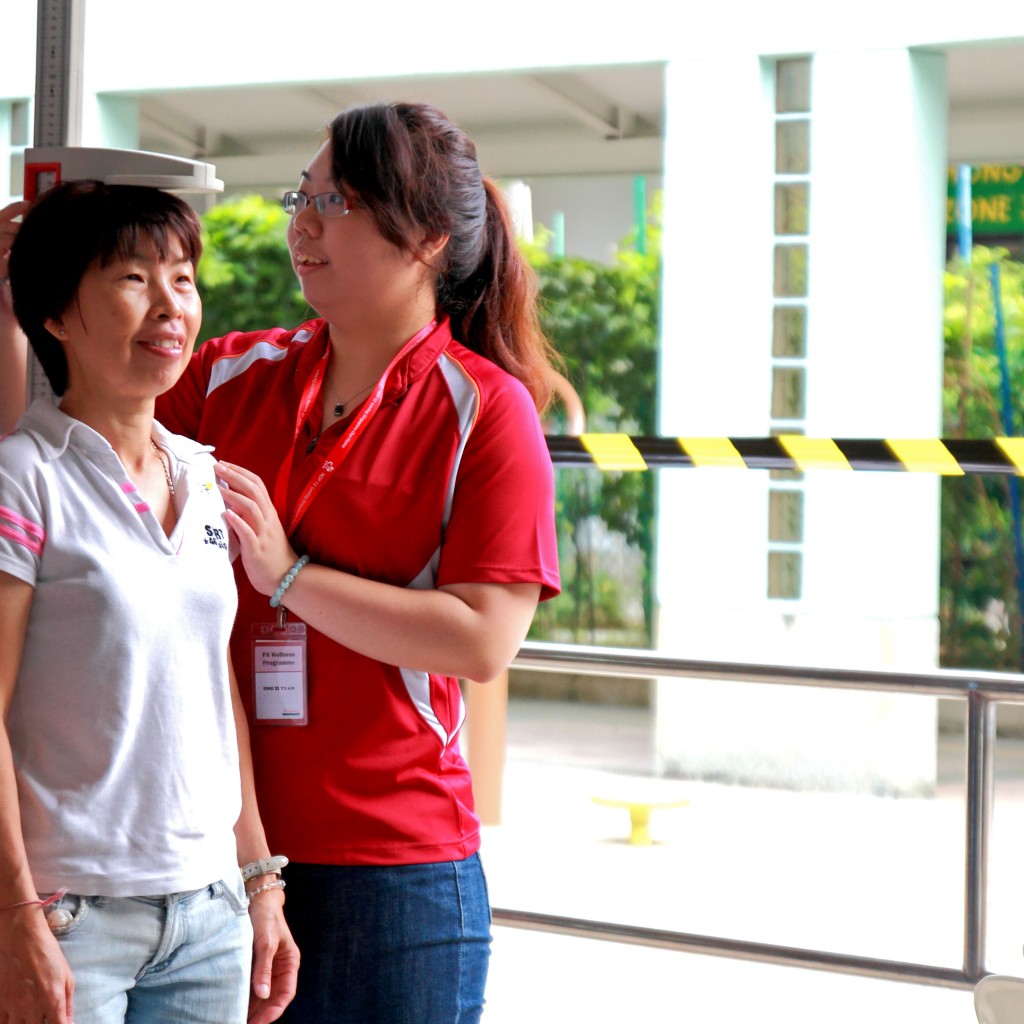Development of the Nonprofit Sector in Hong Kong and Singapore: A Comparison of Two Statist-corporatist Regimes
December 11, 2018

How do Nonprofit Organisations (NPOs) engage with governments to shape civil societies?
Civil societies are reflective of good governance, and volunteering is integral to the maintenance of civil society. The United Nations designated 5 December as International Volunteer Day to give community service organizations a chance to showcase their work. Without active civil societies, socio-economic gaps might go unnoticed by the government. Hence, the relationship between an NPO and the state is critical to a flourishing civil society.
Professor Shamsul Haque (NUS Political Science) and Dr Eliza Lee (University of Hong Kong) in ‘Development of the Nonprofit Sector in Hong Kong and Singapore: A Comparison of Two Statist-corporatist Regimes’ (Journal of Civil Society, 2008), address this concern in Asia through a comparative case study of Singapore and Hong Kong. Journeying through historical developments and policy analyses in the social, political, and economic sectors, the authors explain NPO proliferation under the current regimes’ management style: statist-corporatist. In such regimes, NPOs alternate between statism (high levels of state control with little social welfare) and corporatism (high levels of NPO engagement in state-funded designations). Coined by Haque and Lee, statist-corporatism seeks to conceptualise and expound upon existing research to explain the Asian case.
The authors find Singapore more statist than Hong Kong because of divergent levels of state regulation and NPO mobilisation. Singapore has long promoted a self-help system, prioritising economic growth over social welfare services. However, Hong Kong’s original shaky legitimacy and non-interventionist stance led to a reliance on NPOs to compensate for institutional incapacity. Civil society thrives under the auspices of the state. Ultimately, more research is needed on charting change in various statist-corporatist regimes to understand how engaging NPOs in Asian non-liberal democracies can transform a regime’s statism.
Read the article here.
